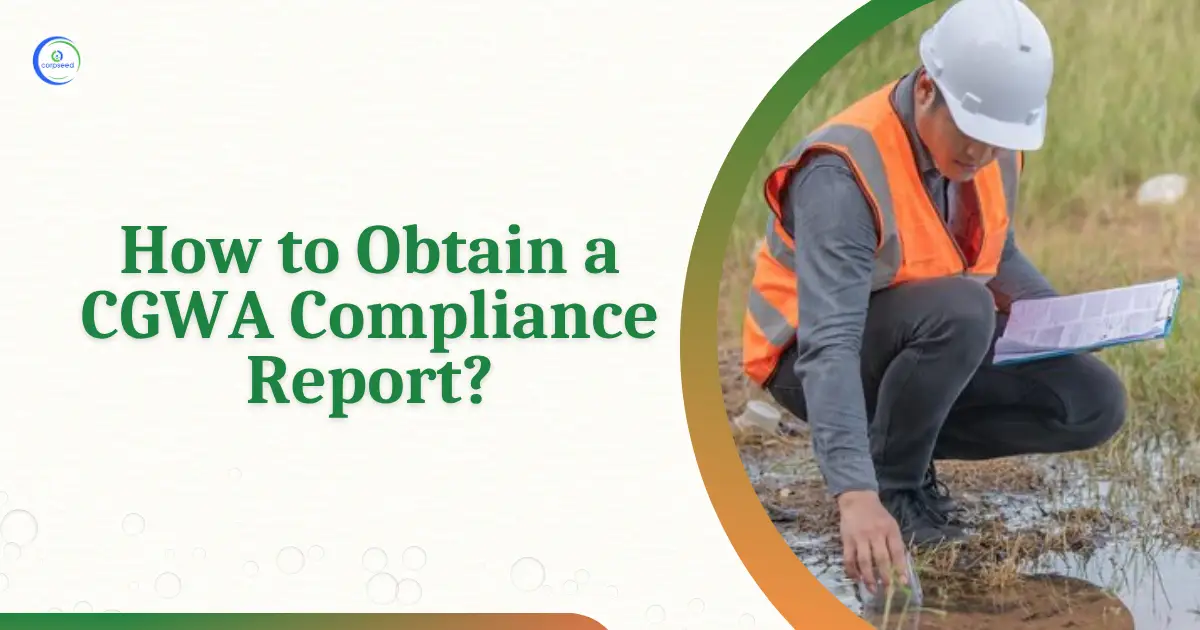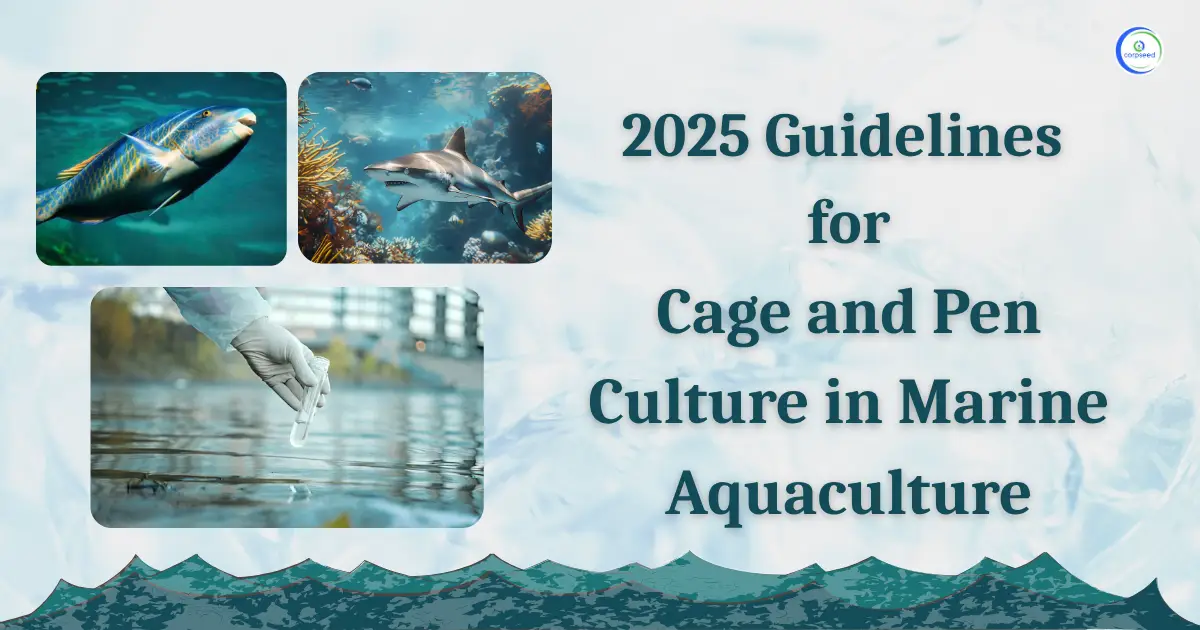Getting a No Objection Certificate from the Central Ground Water Authority is always necessary for lawfully extracting groundwater in India. It involves the collection of documents, application, and inspection at the site.
What is Central Ground Water Authority NOC?
The Central Ground Water Authority is a very important organization in India, which manages and guards the groundwater resources. It has also prescribed certain activities to be done after having a No Objection Certificate issued by the authority. These activities are digging wells for very large projects or utilizing water for large projects.
NOC Ensures Ground Water Used Wisely: NOC ensures the use of ground water is wisely and sustainably utilized so as not to over-extract, thus protecting water availability for everyone.
Table of Contents
--------------Blog Contact Form-------------
Procedure for Central Ground Water Authority NOC
Understanding the NOC Requirement
Before you begin the application process, you should be aware that you're applying for the NOC because you require it. CGWA controls the extraction of groundwater to prevent over-extraction and hence sustain its use. NOC is applicable in the following fields:
- Industrial projects
- Infrastructure projects; for instance, roads and buildings
- Agricultural activities if a huge amount of water is required
- Any other activities that aim at exploiting groundwater resources
Make sure that your project falls into the categories listed above before you begin.
Familiarize yourself with Local Regulations
There might be some specific regulations or additional conditions that may be applicable to groundwater extraction in other states. You can download the policies of your state from the website of CGWA. This will ensure all necessary documents are in place without any delay in submitting the application.
Gather Required Documents
Comprehensive and accurate documents would make your NOC application successful. For a general idea, find below what you normally require:
- Application Form: Normally downloadable from the CGWA website.
- Land Ownership Proof: It can be a sales deed, a lease agreement or any other legal document proving your right to use the land.
- Project Details: Comprehensive description of your project with all its purposes, scale, and anticipated water usage.
- Water Use Record, if any: In case available, past water use record in the property.
- Environmental Clearance: In some cases, the applicants may be required to obtain this clearance prior to submission of the NOC application.
- Affidavit: Some states may require that you have duly signed an affidavit stating your intention to comply with all the guidelines.
Fill the Application
Fill up the application form very carefully. Here are some tips:
- Be Accurate: Ensure that all the information provided is correct so that there would not be any kind of delay.
- Provide Details: Provide as much detail as possible about your project, such as the water requirement and expected impact.
- Plain and Explicit Terms: Use plain and explicit terms while writing regarding your project.
Application
After filling in the application, attach all supportive documents. For most states, this is done on-line from facilities according to your states. If applying personally, go to the nearest CGWA office. You will be termed to pay for applying in a fee that differs in every state.
Site Inspection
The CGWA will inspect your premises after you apply for a site inspection. This process is important because officials will evaluate you regarding your source of groundwater and the use planned for it.
- Pre-Inspection: Access and clean the site.
- Cooperate with Officials: Be ready to answer questions they might have. These include letting them tour your water source and explaining your project in detail.
- Documentation of Findings: The officers will document their findings and include them in your NOC decision.
Processing Wait
After you inspect, the application proceeds to the processing stage. The processing stage may last anywhere from a few weeks to a few months. CGWA will attend to all the documents submitted and also observations taken at the site. In case you have issues or you are not sure, you can simply get in touch with the CGWA regarding any updates.
Obtain the NOC
Once your application is approved, you will be given the NOC. It indicates the particular terms upon which permission to abstract groundwater is granted to you. The other important factors that shall be incorporated are as follows:
- Terms of Usage: Pay keen attention to whatever requirements you shall meet
- Tenure: There will always be a certain period for the NOC, and it must be renewed afterwards
- Compliance Obligations: Understand what shall be measured and what to report.
Maintaining Compliance
Having an NOC is just the beginning. It is only through compliance that groundwater resources can be used sustainably. Here are some steps to be followed:
- Keep Track of Water Usage: Keep records of water drawn.
- Maintain Conditions: Obey all conditions that find a place in the NOC.
- Periodic Report: Submit periodical reports to the CGWA as and when required about your usage of ground water.
- AWARE: Alerted to any changes in rules or regulations of the CGWA.
Renovation Process
Your NOC is not valid for eternity. Normally, it needs to be renewed after a given period. Normally, the process of renewal is the same as that of the original application. Renew your NOC a bit ahead of interruptions to the use of groundwater.
Read Our Blog: Importance of CGWA (Central Ground Water Authority) NOC for Business
Conclusion
The NOC from Central Ground Water Authority is one of the principal requirements for extracting any sort of ground water resource in India. Following this step-by-step guide will help you go through the application process better. NOC is not just a process, but a commitment to the responsible usage of water. Stay compliance and keep your practices good for a sustainable future on your water resources. With the right approach, your project will flourish and contribute to the sustainable management of groundwater in India.
This portion of the site is for informational purposes only. The content is not legal advice. The statements and opinions are the expression of author, not corpseed, and have not been evaluated by corpseed for accuracy, completeness, or changes in the law.
BOOK A FREE CONSULTATION
Get help from an experienced legal adviser. Schedule your consultation at a time that works for you and it's absolutely FREE.









